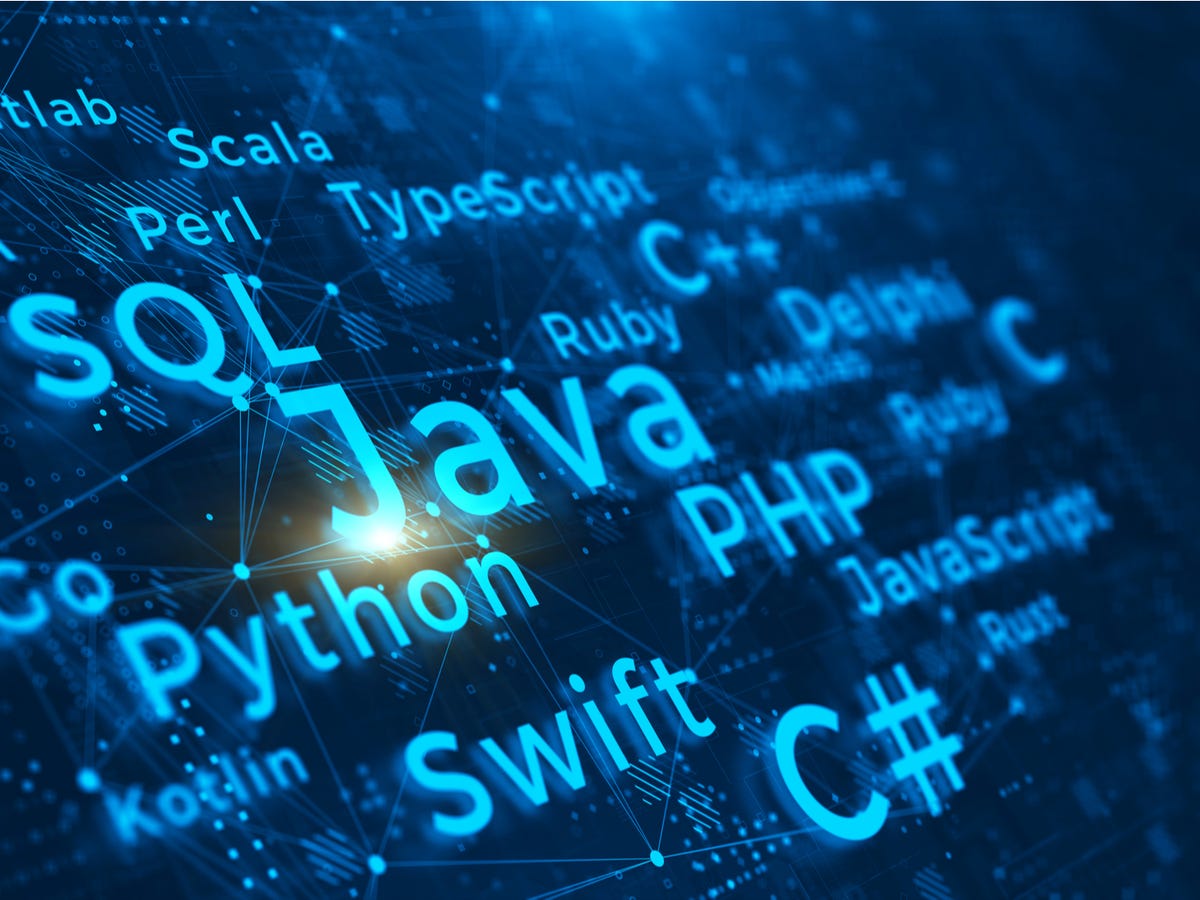Welcome to the exciting world of programming! It’s more than just writing code; it’s about creativity, problem-solving, and building things that matter. Think of it as painting with code, where your brushstrokes are lines of text that bring ideas to life on the computer screen.
What is programming?
In simple terms, programming is giving instructions to a computer. You tell it what to do, step-by-step, and it follows your commands. These instructions, written in a specific language that the computer understands, are called code.
Why learn to code?
Learning to code opens doors to a vast range of possibilities. You can:
- Build websites and apps: Imagine creating the next big social media platform or a game that takes the world by storm. With coding, you can make your ideas a reality.
- Automate tasks: Tired of repetitive chores? Code can automate tasks like data entry, web scraping, and even sending emails. Free up your time for more creative pursuits!
- Analyze data: Make sense of the world around you by using code to analyze data. You can track trends, predict outcomes, and gain valuable insights.
- Boost your brainpower: Coding is a mental workout that strengthens your problem-solving skills, logical thinking, and creativity. It’s like a gym for your brain!
- Have fun! Programming can be a rewarding and enjoyable hobby. There’s a great sense of accomplishment when you see your code come to life and do what you intended.
Getting started with programming:
There are many resources available to help you learn to code, no matter your age or experience level. Here are a few tips:
- Choose a beginner-friendly language: Python, JavaScript, and Scratch are popular choices for beginners. They have simple syntax and plenty of online tutorials and communities to support you.
- Start with small projects: Don’t try to build the next Facebook right away. Begin with small projects like building a simple website or a game. As you gain confidence, you can tackle more complex challenges.
- Practice makes perfect: The more you code, the better you’ll become. Don’t be afraid to make mistakes; that’s how you learn.
- Join the community: There are many online and offline communities of coders who are happy to help and answer your questions. Find a community that fits your interests and learning style.
Remember, programming is a journey, not a destination. Be patient, have fun, and enjoy the process of learning and creating. The world of code is waiting for you to explore!


